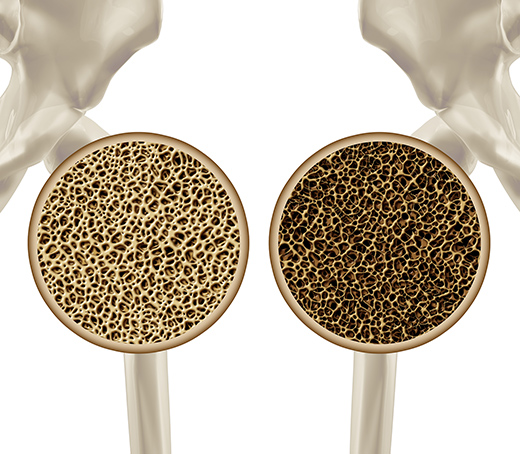
- A bone density test tells you if you have normal bone density, low bone density (osteopenia) or osteoporosis. It is the only test that can diagnose osteoporosis. The lower your bone density, the greater your risk of breaking a bone. A bone density test can help you and your healthcare provider:
- learn if you have weak bones or osteoporosis before you break a bone
- predict your chance of breaking a bone in the future
- see if your bone density is improving, getting worse or staying the same
- find out how well an osteoporosis medicine is working
- let you know if you have osteoporosis after you break a bone
NATIONAL OSTEOPOROSIS FOUNDATION recommends that you have a bone density test if:
- you are a woman age 65 or older
- you are a man age 70 or olderyou break a bone after age 50
- you are a woman of menopausal age with risk factors
- you are a postmenopausal woman under age 65 with risk factors
- you are a man age 50-69 with risk factors
A bone density test may also be necessary if you have any of the following:
- an X-ray of your spine showing a break or bone loss in your spine
- back pain with a possible break in your spine
- height loss of ½ inch or more within one year
- total height loss of 1½ inches from your original height

